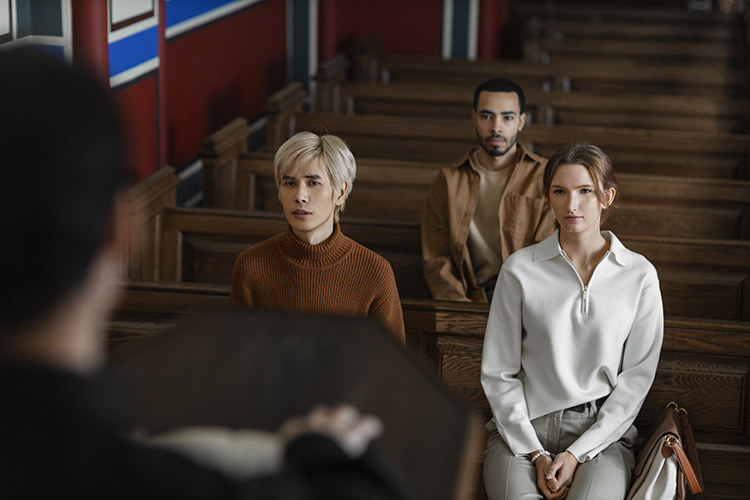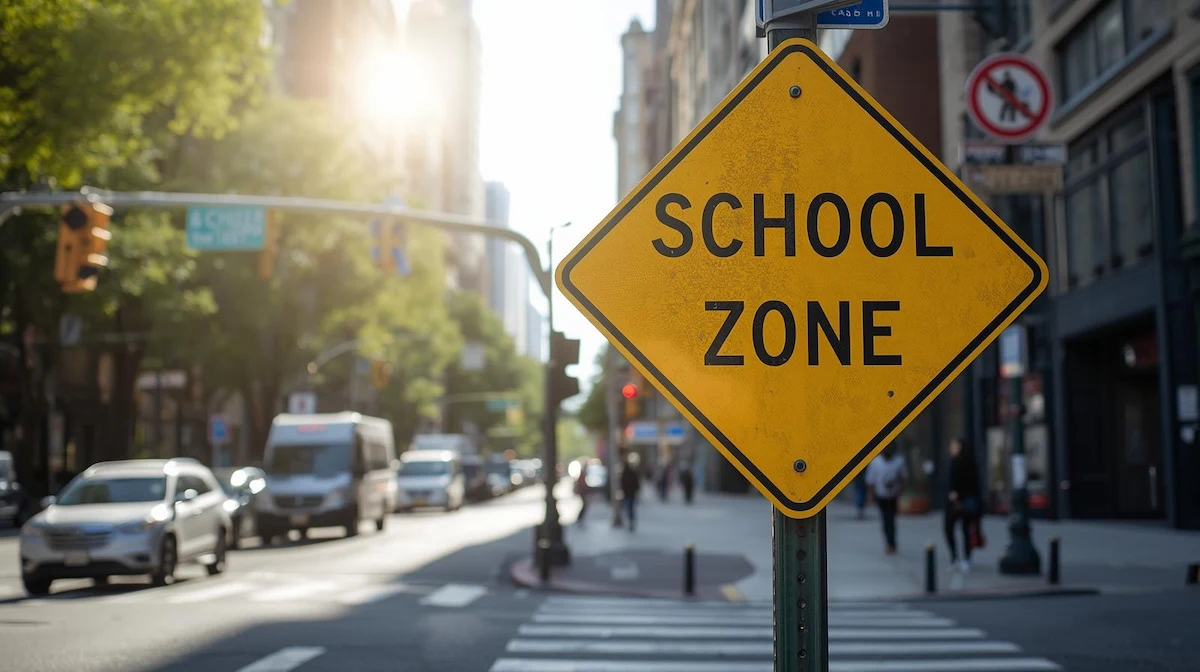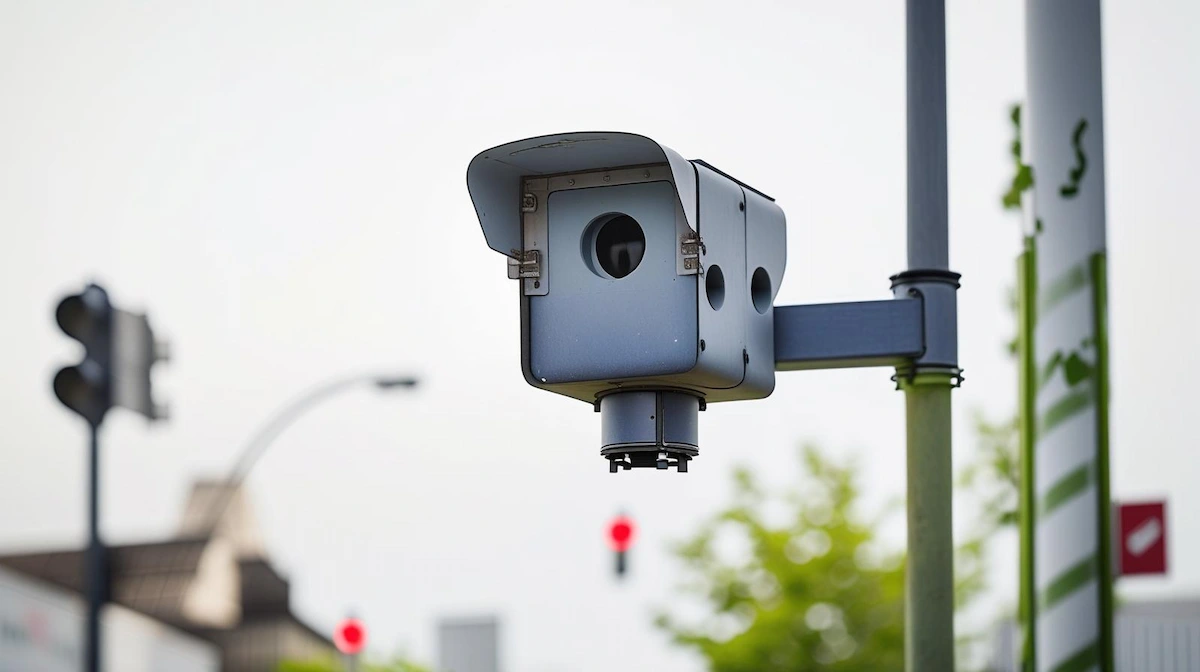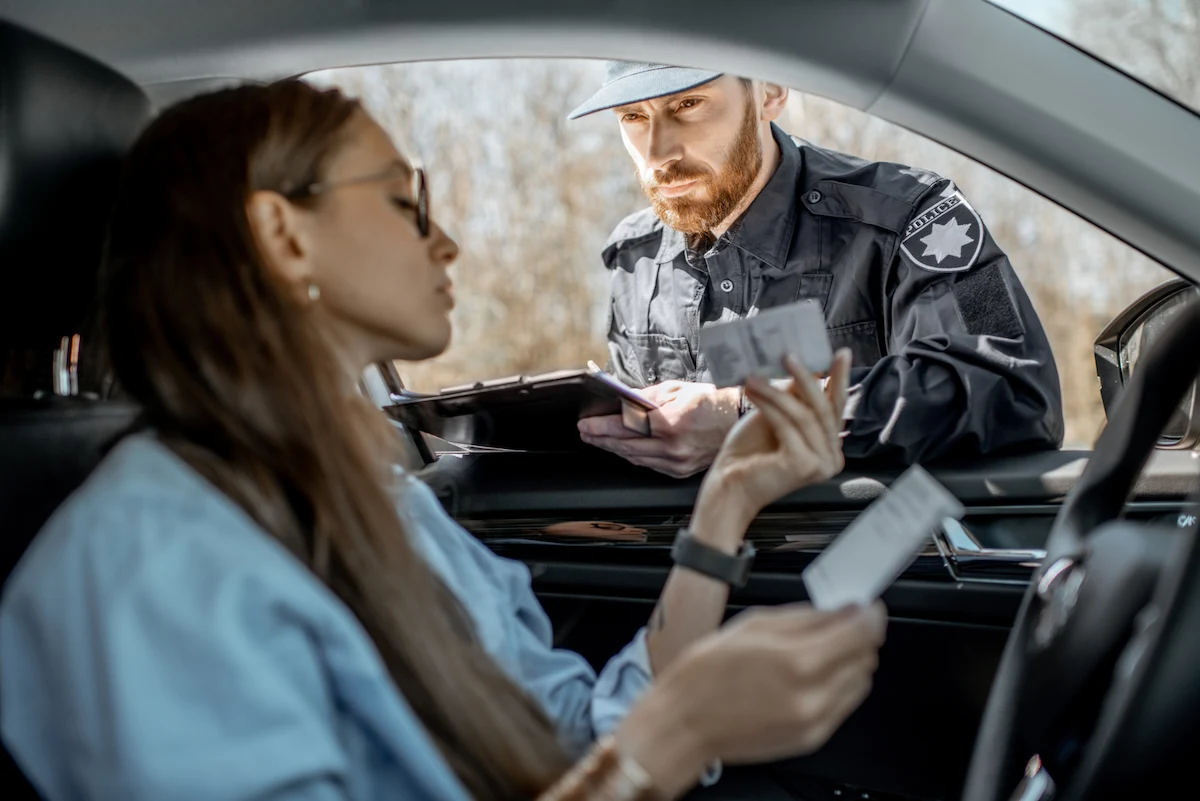If you choose to fight a Traffic Ticket in New York City you need to know the system or hire a professional. It can lead to NYC traffic violations with long-lasting financial and legal consequences. Contesting a traffic ticket can feel daunting, but with the right strategy and understanding of the system, it’s possible to win and avoid these penalties.
Understanding the Consequences of a Traffic Ticket
The ramifications of receiving a traffic ticket extend beyond the initial fine. Financial penalties can quickly add up, especially for repeat offenders. In NYC, traffic tickets often come with points that accumulate on your license, which can lead to license suspension if you surpass the allowed threshold. Certain violations carry harsh penalties, and the impact on your driving privileges can be significant. Each violation carries a designated point value; even a single violation can have serious implications.
Additionally, the ripple effect of a ticket can be far-reaching. More troubling is the potential impact on your insurance rates. A rise in premiums may follow, adding to the financial burden long after the initial payment of the fine. Depending on the infraction’s severity, you may face fines that far exceed the initial citation’s cost.
Analyzing the Ticket: Key Details to Look For
The first step in contesting your ticket is thoroughly reviewing the citation itself. Often, mistakes can work in your favor if identified. Start by scrutinizing the notes made by the issuing officer, including their observations and any specifics related to the violation. It’s crucial to assess whether the officer’s account of the incident aligns with what happened. Inconsistencies between what’s recorded and the reality of the situation can weaken the case against you.
Small clerical errors—such as incorrect dates, times, or vehicle details—can sometimes render the ticket invalid. Even the slightest error could be enough to get your NYC traffic ticket dismissed, saving you from fines and points on your license. Be meticulous in your review, as these details can play a pivotal role in contesting the ticket.
Gathering Evidence to Support Your Case
To build a strong defense, evidence is key. Gather any photos or videos that can corroborate your version of events. For example, if you were ticketed for running a red light, dashcam footage could demonstrate that the light was still yellow when you passed through the intersection. Similarly, if the violation was related to speeding, GPS data from your vehicle or smartphone could help establish your speed during the infraction.
Witness statements also carry significant weight in court. If anyone was with you during the alleged violation, their testimony might provide an additional perspective to sway the case in your favor. These witnesses can help clarify the circumstances, particularly if their account contradicts the officer’s report.
In NYC, knowing traffic laws can give you an advantage. For instance, if your ticket was issued for a moving violation, understanding specific rules—such as the exact wording of the law you supposedly broke—can be a powerful tool. By contrasting the actual law against the details of your ticket, you may find that the violation doesn’t hold up under scrutiny. Many cases are dismissed because the ticketing officer misapplies the law.
Preparing for Your Court Appearance
Facing a judge may feel intimidating, but preparation is critical to success. Craft a defense that is clear, concise, and factual. Avoid emotional pleas, focusing instead on your case’s facts and the evidence supporting your version of events. A well-organized argument, supported by evidence, will present a much stronger case.
Organize your arguments logically, addressing the points made in the officer’s notes and demonstrating any errors or inconsistencies. Be sure to emphasize any evidence you’ve gathered that doubts the officer’s version of events. How you present yourself in court also matters. Dress professionally and speak respectfully. A calm demeanor can leave a positive impression on the judge, enhancing your credibility.
Be prepared for cross-examination by the prosecution, but don’t let it shake your confidence—stick to the facts and present your case methodically. Winning your NYC traffic violation case hinges on your ability to remain focused and persuasive under pressure.





